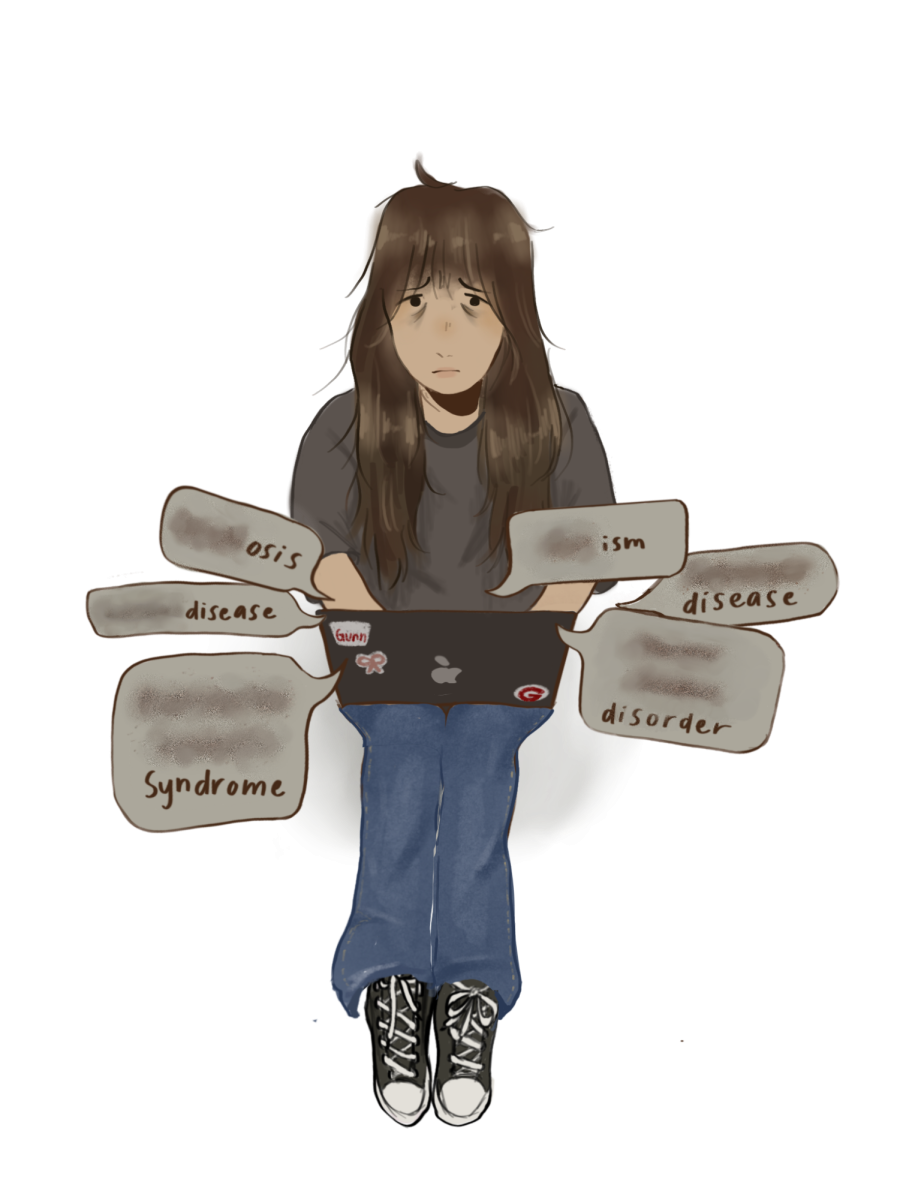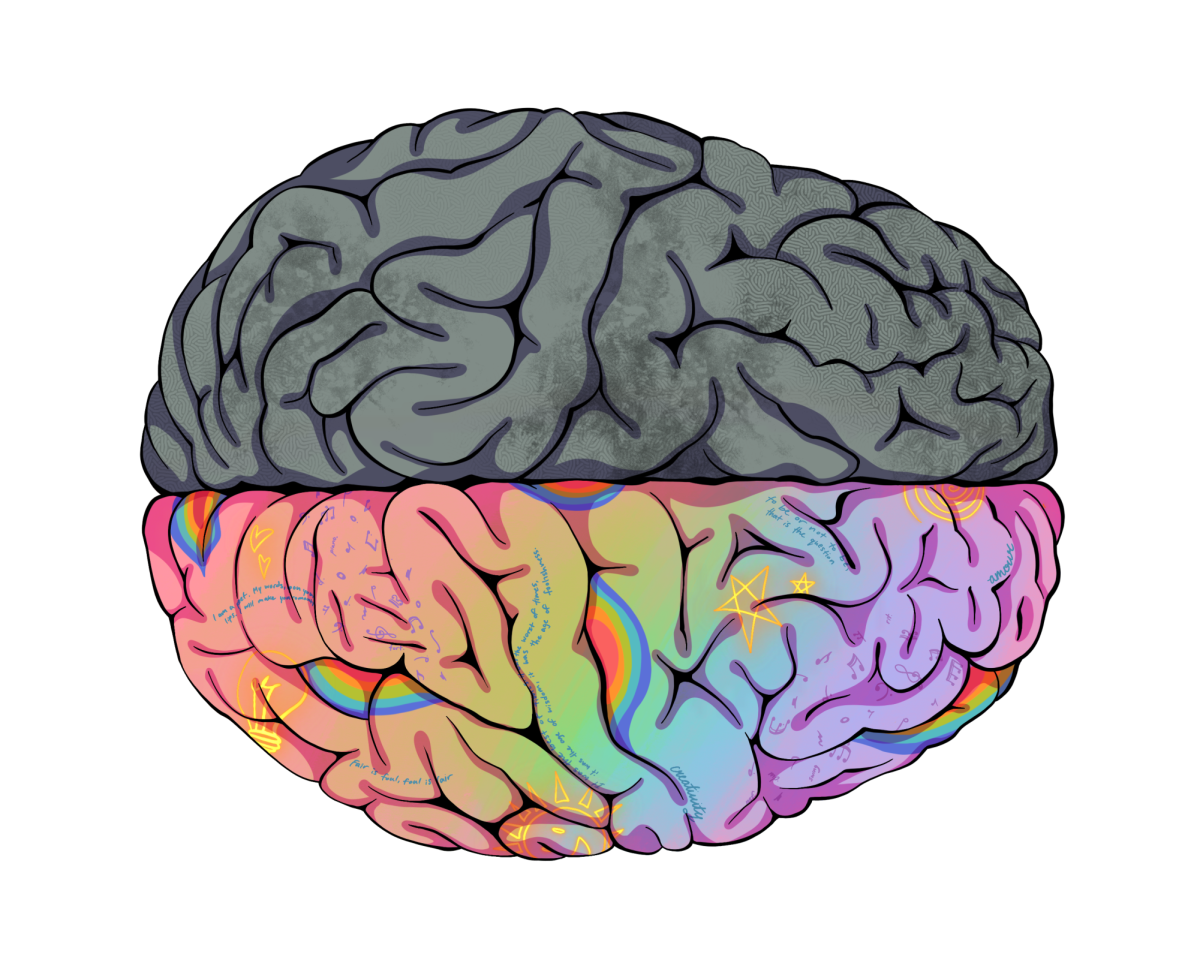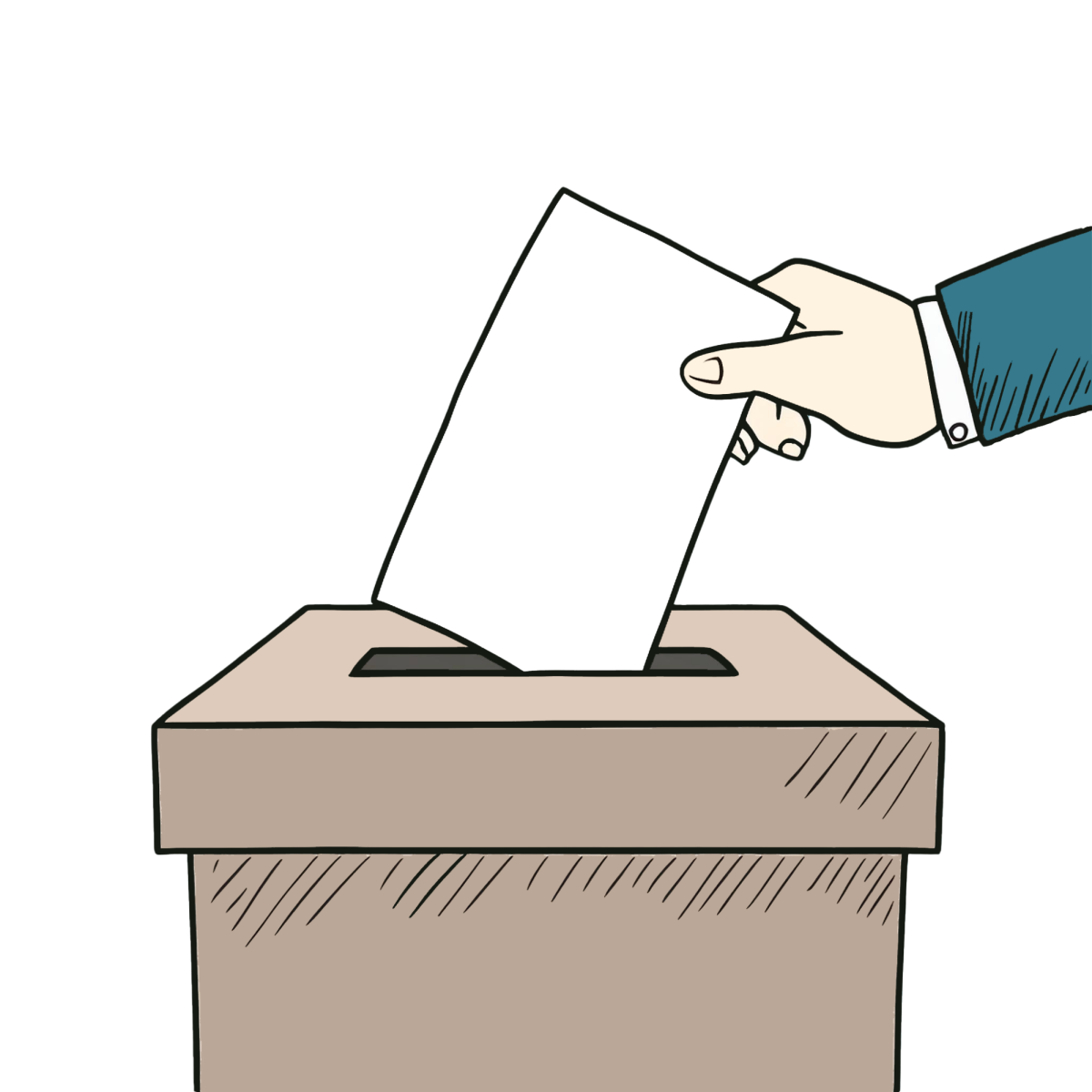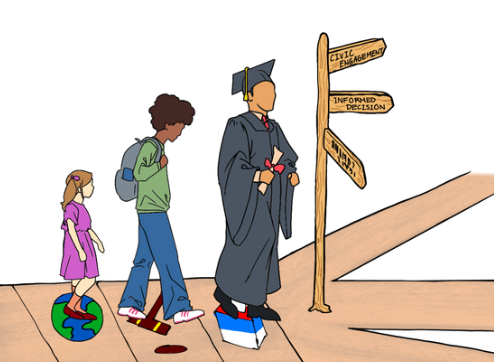When the administration announced it was thinking of redesigning the schedule to accommodate more time for social-emotional learning (SEL), students instantly erupted into a series of frenzied discussions and debates. The new SEL curriculum primarily involves the addition of a four-year long SEL program, which emphasizes learning how to understand emotions and develop positive relationships. To accommodate time for this program, the bell schedule will have to change for the third year in a row. The administration again failed to appropriately gauge student and community opinions before deciding to implement the program and adjust the schedule. However, students have long been vocally supportive of improving wellness resources at Gunn, which is exactly the purpose of the new SEL program. Thus, while the process of introducing SEL was poorly conceived, it is hypocritical to chastise the program itself since it is ultimately beneficial to the wellness of students.
According to the proposed schedule Principal Dr. Denise Herrmann presented to parents at a recent Parent Town Hall, each grade will meet in their SEL groups during one of two weekly Flex periods every other week. Many students currently believe TitanConnect is an extension of the Titan 101 program; however, the focus of the program has changed substantially. While Titan 101 focused more on transitioning to high school and Gunn student life, TitanConnect is focused on social-emotional learning and creating spaces for students to form a “family” of sorts. Still, many students are understandably frustrated with yet another change in schedules—in fact, next year’s seniors will have gone through four different bell schedules in their four years on campus.
Although the SEL Curriculum Committee (SCC) was formed with the inclusion of student representatives in June 2016, other outreach to students and community members was virtually non-existent until the decision was already made to introduce SEL in the 2017-18 school year. Had the administration obtained and considered student feedback through surveys and forums before officially deciding to introduce the four-year SEL curriculum, it could have designed a program that was holistically and fundamentally improved due to a basic fact: SEL would have been better catered to students’ wants and needs. Thus, as SEL and other major programs continue to be developed, the administration must remember to seek counsel from students; after all, it is students who undergo these changes, and students are more likely to be conducive to change if they know they had some say in it.
That being said, although the process of implementing SEL has been lackluster, the actual curriculum will likely be a positive addition to Gunn. While many students are aggravated by the prospect of having a new schedule next year, the benefits of SEL far outweigh the inconvenience of a minor change in the bell schedule. It is hypocritical to attack the bell schedule change prompted by SEL while supporting mental health initiatives. Criticisms of the lack of student input are warranted, but students should be more supportive of the change, especially since the administration is fulfilling its promise to improve overall student well-being.
Furthermore, according to the 2015-16 California Healthy Kids Survey results, 23 percent of surveyed freshmen said that they felt constant sadness or hopelessness over the past year; 29 percent of the surveyed juniors felt the same way. Twelve percent of freshmen and 15 percent of juniors also said they have considered committing suicide over the past year. It is evident that there is a need for long-term wellness initiatives at Gunn, so why not do everything in our power to improve the emotional health of students?
Although many are wary of the idea of a four-year long SEL program, it is important to remember that TitanConnect is not just an extension of Titan 101, which has proved to be largely unpopular. Rather, the SEL program will serve as a support group and social-emotional education for students. It also has a proven track record of working. According to a meta-analysis of 213 studies examined by the Collaborative for Academic, Social and Emotional Learning, students participating in SEL programs showed an increased ability to manage stress and depression and had better attitudes about themselves and others. Additionally, according to the National Commission on Social, Emotional and Academic Development, high social and emotional competency in high school decreases mental health problems. Given that many Gunn students are likely to struggle to maintain their emotional health in high school, SEL could be a major asset for students.
Ever since the cluster of suicides during the 2014-15 school year, the administration has vowed to create more wellness resources for students. Some of the administration’s initiatives have been successful, like the new Wellness Center across from the main office. But others, like the YES! program, have been less popular. The immediate mindset for freshmen and sophomores as they enter the YES! program is to dismiss the program for teaching seemingly useless skills. However, according to national surveys, the YES! program is actually extremely effective, with 78 percent of the participants believing that the program reduced stress and frustration, and 76 percent of the participants having improved sleep after the program. Thus, there is reason to believe that the new SEL curriculum could have similar results.
There is a clear need for an effective SEL curriculum at Gunn. Students should find a balance between academics, extracurriculars and social-emotional health. The administration has strived to create a solution in order to find this balance—one that will meet all of the state’s requirements and still satisfy students. In turn, students must respond in a similar fashion and consider SEL with an open mind.
—Unsigned editorials represent the majority opinion of the staff (assenting: 26; dissenting: 4; abstaining: 7).










